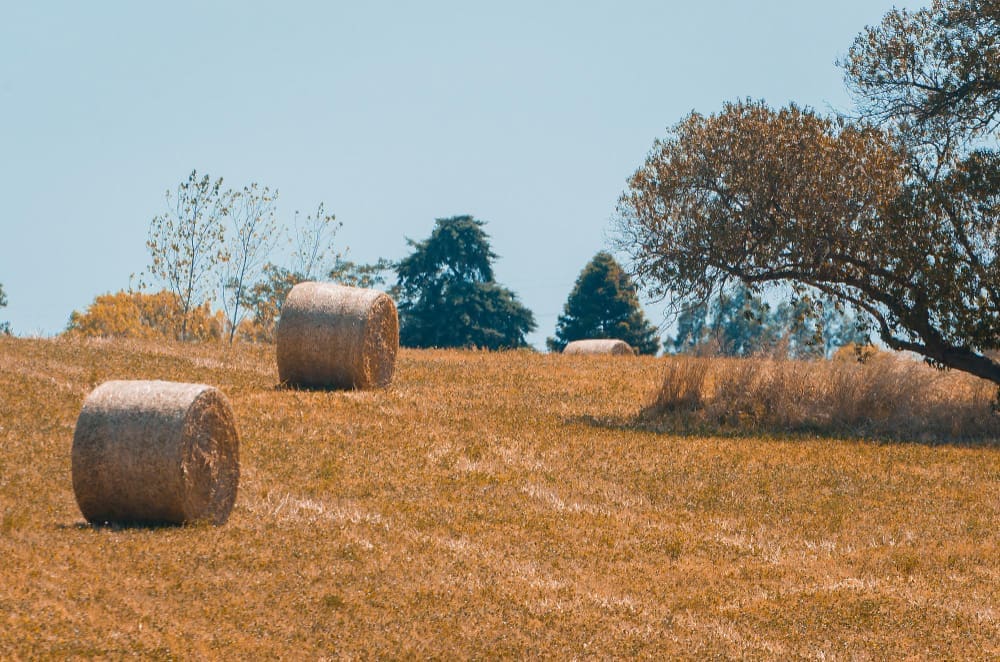In 2023, amidst the agricultural lands of South Dakota, Jared Bossly, a farmer, encountered a legal battle that would place him at the forefront of a significant regional controversy. While planting soybeans on his expansive 2,000-acre farm, Bossly noticed a sheriff’s vehicle parked nearby, leading to the delivery of court papers. The legal documents revealed that Summit Carbon Solutions, pushing forward a vast carbon pipeline project, was initiating eminent domain proceedings to acquire his land.
Bossly’s case is part of a larger dispute involving numerous landowners across South Dakota who faced similar lawsuits from Summit Carbon Solutions. The company launched an extensive legal campaign to secure land for a $9 billion pipeline project spanning five Midwestern states. This aggressive move sparked substantial backlash, leading to a new state law prohibiting the use of eminent domain for constructing carbon dioxide pipelines, casting uncertainty on the project’s future.
An extensive review revealed that Summit filed 232 lawsuits across South Dakota, North Dakota, and Iowa, with most eminent domain actions concentrated in South Dakota. Despite the company’s assertion that voluntary agreements are prioritized, the sheer volume of litigation drew widespread criticism and resistance from local communities.
The proposed pipeline, stretching 2,500 miles and connecting to 57 ethanol plants, aims to capture carbon emissions, storing them in North Dakota. This initiative not only targets reduced carbon emissions but also seeks to leverage federal tax incentives. In states historically supportive of the corn and ethanol industries, the project’s approach has ignited opposition, particularly in South Dakota, where residents reported coercive tactics from Summit’s representatives.
Landowners recounted encounters with armed security and threats of litigation. Despite Summit’s claims of non-coercive policies, the ongoing legal battles have rallied various stakeholders, including environmentalists, against the project. This opposition extended into the political arena, influencing election outcomes and shifting legislative priorities.
Despite securing approvals in other states, Summit’s efforts in South Dakota remain hindered by regulatory and public resistance. The project’s future in the state is uncertain as Summit seeks to navigate this challenging landscape, amid changing federal policies on climate change and carbon capture.
The Bottom Line
- Farmers and landowners may face increased legal battles and potential disruptions to their livelihoods due to eminent domain actions.
- Environmental concerns about carbon capture projects highlight ongoing debates over climate change strategies and their effectiveness.
- Political shifts in South Dakota reflect broader public sentiment against large infrastructure projects perceived to infringe on property rights.
- Economic implications for the ethanol industry highlight the balance between environmental initiatives and industry growth.
- Changes in federal policies may alter the landscape for future carbon capture projects and related infrastructure developments.














